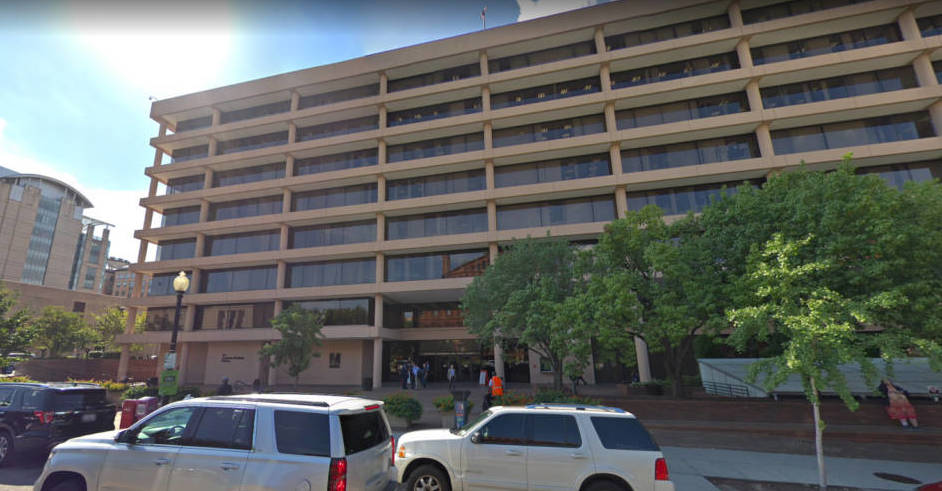Since Brianne Nadeau was elected Ward 1 Councilmember in 2015, she has consistently prioritized investments in affordable housing. She oversees a sizeable part of the Northwest quadrant of D.C., including Howard University and popular and historic neighborhoods such as Columbia Heights, Adams Morgan, the U Street Corridor. These communities are some of the most intensely gentrified neighborhoods in the country, let alone in the District, according to a recent report. However, in recently proposed legislation, Nadeau identified previously overlooked property options for affordable housing development.
The Land Disposition for Affordable Housing Amendment Act of 2019 aims to expand the opportunity for the District to build more affordable housing on previously undesignated plots. Those properties are unique in that they belong to what Nadeau calls “quasi-government” institutions, companies that work closely with the D.C. government but are not owned or operated by it. Several examples of “quasi-government” institutions include D.C. Water, the Washington Metropolitan Transit Authority (WMATA), and The Potomac Electric Power Company (PEPCO). These independent entities work extensively with governments in the region and have at least one D.C. government representative on their board of directors to work with federal regulations.
Current regulations state that when the District disposes of land, a certain percentage of it must be dedicated to affordable housing. Nadeau’s bill would include these semi-government properties as viable development options. “The law does not apply to [quasi-government agencies]. But they have a lot of land in the District of Columbia” Nadeau said in a phone interview.
Nadeau’s bill would allow the city to acquire dispossessed property from organizations like WAMATA, which is preparing to move its headquarters, to redevelop the properties into affordable housing.
The proposed bill also has the potential to create additional funding for the Housing Production Trust Fund. The HPTF, which was established in 1988, is required to spend 40 percent of its funds on households with incomes below 30 percent of the area median income. The other 40 percent of HPTF’s expenditures are required to serve households with incomes between 30 and 50 percent of the AMI, or between $24,600 and $41,000 for an individual.
[Read more: The DC Auditor reviewed 15 years of administration of the Housing Production Trust Fund]
One main revenue source for the HPTF is from deed transfer and recordation tax, which is the amount property owners pay to the city whenever they sell territory. This is an indirect plus to the HPTF; the more homes sell, the more money there is for affordable home development. Between the $30 million dollar budget increase for HPTF proposed by Mayor Muriel Bowser and Nadeau’s pending legislation, affordable housing in the District is poised to increase.
Nadeau is excited to use these assets to create more local housing, and she is not alone. WMATA had previously issued a press release in January 2019 disclosing its intent to sell surplus properties throughout the D.C. metro region. This dispossession aims at saving the WMATA maintenance costs which can be reallocated to other operating expenses. The WMATA lists eight available properties located in transit-accessible territory which can be developed to benefit the local communities.
The Land Disposition for Affordable Housing Amendment Act of 2019 comes during the debate over the Robert F. Kennedy Stadium acquisition. This bill has no jurisdiction over the usage of the RFK Stadium, as it remains a federally-owned building. Still, Nadeau hopes that it will be used constructing affordable housing. “There is a lot of conversation going on between the [Rep. Eleanor Holmes Norton]and the mayor to ensure that we have the right usage of that land,” Nadeau said. “That is something that I care about a lot because I think it would be a really great place for housing.”








